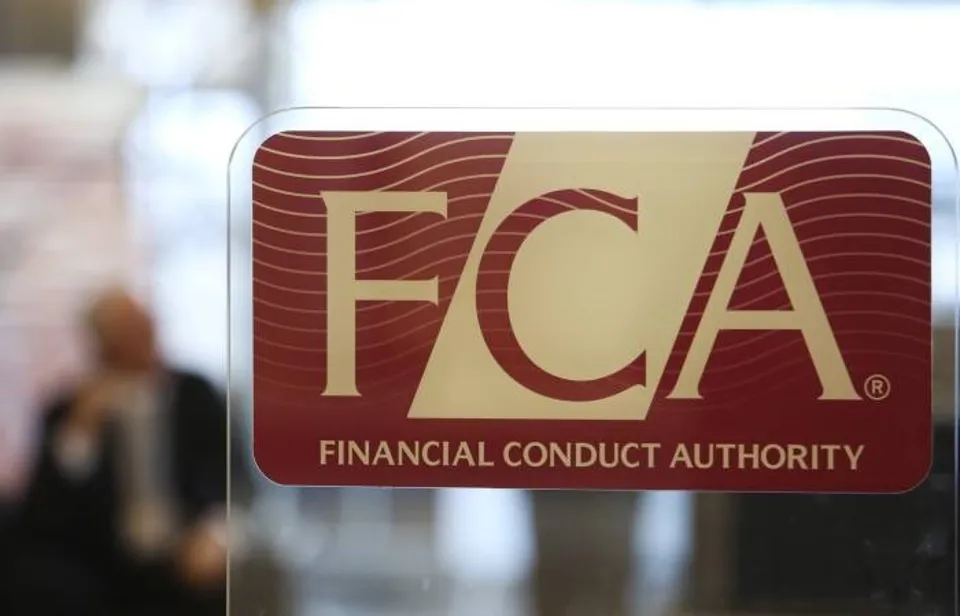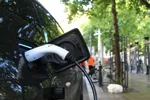The Financial Conduct Authority (FCA) has said that it expects motor finance providers to offer “exceptional and immediate support to customers facing payment difficulties” due to COVID-19 coronavirus.
In draft guidance to the sector published this morning the regulator outlined temporary measures in a bid to help motorists which it said might be having temporary difficulty in making their finance or leasing payments due to a loss of or reduction in their income, or those who expect to experience such difficulties.
The guidance states that finance firms should agree to three-month payment deferrals, reduced payments or a rescheduled term to help customers “without delay”.
Commenting on the FCA’s proposals on motor finance forbearance for customers facing payment difficulties due to coronavirus the Finance and Leasing Association’s (FLA) head of motor finance at the Finance & Leasing Association, , Adrian Dally, said that the proposals “broadly mirror the forbearance measures that motor finance lenders have been providing to their customers over recent weeks”.
Dally, who told AM last month that every effort should be made to keep motorists “in their cars” as coronavirus inhibits some consumers’ ability to make repayments, added: “During this unprecedented period, every lender has recognised that forbearance is a vital bridge for customers whose income has been disrupted, and the industry has committed significant resource, human and financial, to meeting requests for support.
“To enable this level of support to be maintained for customers, the industry will need some help from Government, and those discussions need to begin in earnest, with decisions reached rapidly.”
While the FCA’s final guidance on motor finance agreements during the COVID-19 pandemic is scheduled for publication on April 24, it outlines key principals of the mitigation measures in today’s draft document.
Payment deferral
The FCA said that under its definition of a ‘payment deferral’ customer’s could make no payments amounting to more than a £1 token payment under their agreement for a specified period without being considered to be in arrears.
It said that in determining whether a three month payment deferral is obviously not in customers’ interests, firms should consider both customers’ need for immediate temporary support and the longer-term effects of a payment deferral on the customer’s situation, in particular the customer’s ability to repay any accrued interest once the payment deferral ends, and over what period.
“A payment deferral would obviously not be in customers’ interests if it would give the firms’ customers a greater overall debt burden compared to other solutions (that might involve reduced or waived interest for example) that could equally meet customers’ needs and that debt burden would be clearly unsustainable,” the FCA stated.
The FCA said that firms should make clear in their communications, including on their websites, that payment deferrals are available.
They should also make it as easy as possible for their customers to contact them both online and by phone.
Residual value (RV) impact of temporary measures
When granting a payment deferral or other option for assisting customers affected by coronavirus, a firm may enter into a new agreement with the customer to vary certain parts of the original PCP or PCH agreement.
However, the FCA said that firms should not recalculate the Guaranteed Minimum Future Value (GMFV) or RV in a way that is based on temporarily depressed market conditions due to the effect of coronavirus in an attempt to recover more of the original car value through the periodic payments.
End-of-term PCPs
The FCA said that where a customer wishes to retain the vehicle, but does not have funds to cover the balloon payment due to coronavirus related financial difficulties, firms should work with the customer to find an appropriate solution that solutions does not lead to unfair outcomes.
“For example, refinancing the balloon payment might not be appropriate in the circumstances,”, it said.
If a customer intends to return their vehicle at the end of their current PCP term, they should be informed that they are unable to use the vehicle once the agreement has been terminated or come to an end.
The firm should inform the customer of the need to make a Statutory Off Road Notification (SORN) declaration if the customer is the registered keeper of the vehicle and they want to stop taxing and insuring it.
Repossessions
The FCA said that firms should not take steps to terminate the agreement or seek to repossess the vehicle (whether by way of any requisite legal proceedings or otherwise) where the customer is experiencing temporary payment difficulties as a result of circumstances relating to coronavirus and has the right to use the vehicle,.
“We consider that seeking to terminate the agreement or commencing or continuing repossession action as described above is very likely to contravene Principle 6 - absent exceptional circumstances (such as a customer requesting that repossession continues),” the FCA’s guidance stated.
It added: “Government advice on social distancing and self-isolation should be consulted to establish whether any proposed repossession should go ahead and if so, how it is to be carried out.”















Login to comment
Comments
No comments have been made yet.